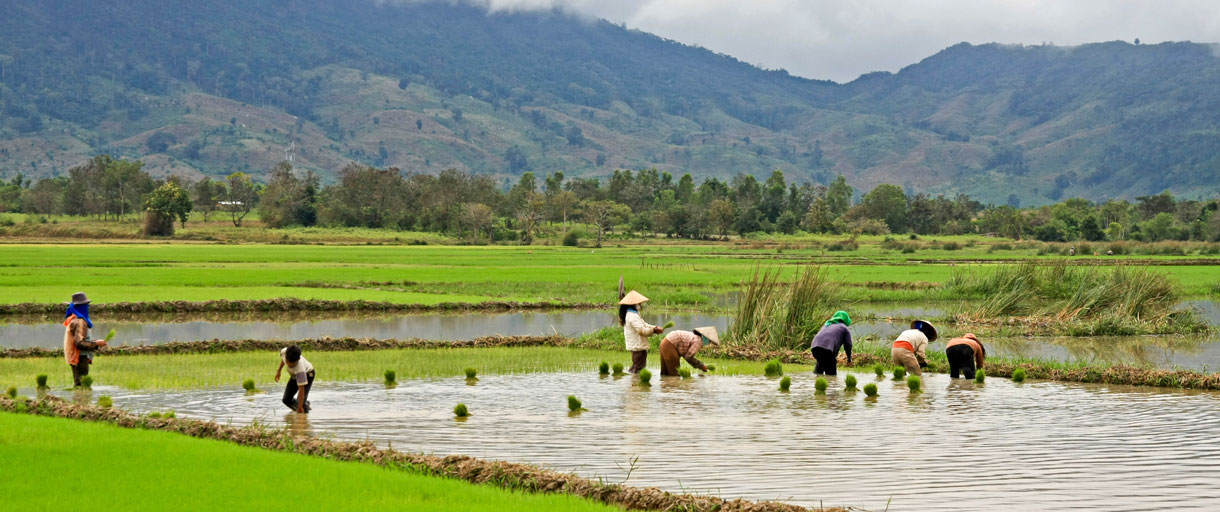RESEARCH THEMES
RESEARCH Streams
SHORTCUTS
Want to know more about our research? Click here!
INTERDISCIPLINARY COURSES
Stockholm Resilience Centre offers interdisciplinary courses on first (Undergraduate), second (Master's) and third (PhD) levels of University education. Want to know more about our courses? Click here!
POLICY and Practice
Our engagement in science-policy-practice activities has increased steadily over the years and range from high-level UN dialogues to local resilience assessments. Want to know more about our policy work? Click here!

Professor J. Marty Anderies's seminar 9 May 2017. Photo: B. Kristersson/Azote
stockholm seminar
Smallholder agricultural systems, food security, and the provision of local public goods
Stockholm seminar with professor J. Marty Anderies, 9 May 2017
Text
Smallholder agricultural systems that are strongly dependent on water resources and investments in shared infrastructure, make a significant contribution to food security in developing countries. These communities are being increasingly integrated into the global economy and are exposed to new global climate-related risks that may affect their willingness to cooperate in community-level collective action solutions.
In this seminar professor Anderies will describe field experiments on public goods with private and collective risks that our research group performed in 118 small-scale rice-producing communities in four countries. He will discuss how the results from these experiments help us understand how increasing the integration of these communities with the broader economic system is associated with increasing their vulnerability. Finally, he will discuss the implications of our findings for food security in the face of climate change.
About J. Marty Anderies
J. Marty Anderies' research focus on developing an understanding of how the interaction of ecological, behavioral, social and institutional factors can generate vulnerabilities or enhance resilience and robustness in social-ecological systems.
His work relies on combining insights from present-day, historical, and archaeological examples of social-ecological systems with a range of analytical techniques and laboratory experiments to study how individual decision-making processes influence social and environmental outcomes.
Anderies is a professor in the School of Human Evolution and Social Change and the School of Sustainability, as well as the Graduate Director for the School of Sustainability and the Associate Director of the Center for Behavior, Institutions and the Environment. He holds a PhD in Applied Mathematics from the University of British Columbia

Stockholm Resilience Centre
Stockholm University, Kräftriket 2B
SE-10691
Phone: +46 8 674 70 70
info@stockholmresilience.su.se
Organisation number: 202100-3062
VAT No: SE202100306201



